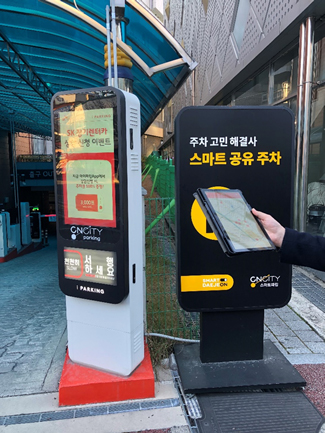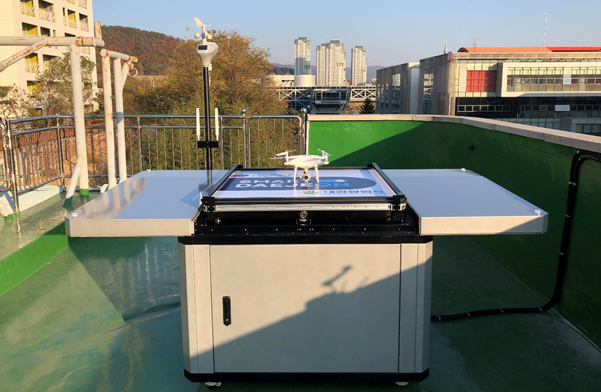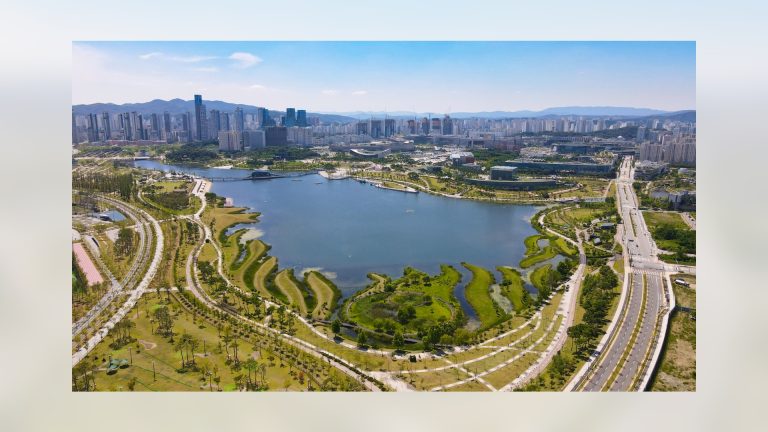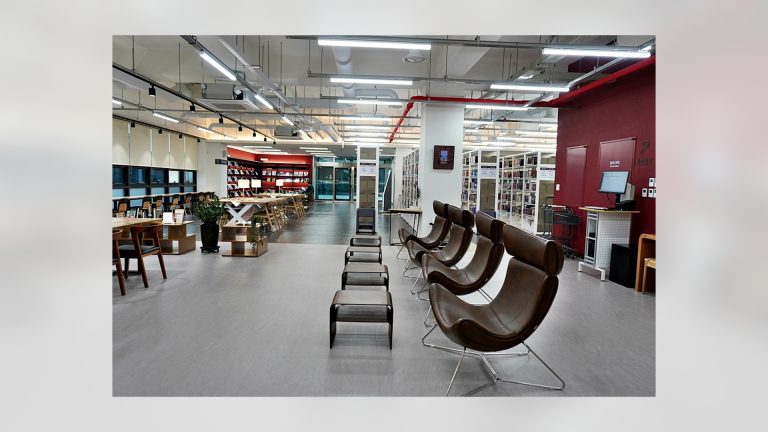CITY of Daejeon was selected as the pilot city for the “Smart City Challenge Project” and received a national budget of 8.9 million dollars.
The appointment was the result of the city’s previous success in implementing a pilot project of Smart City Challenge promoted by the Ministry of Land, Infrastructure and Transport (MOLIT). The project aimed to support local governments to solve urban challenges and identify business models using smart city technologies. To implement the project, the city of Daejeon received financial support of about 1.3 million dollars from the central government. With the funding, Daejeon successfully demonstrated a smart solution developed by a private company around the central market in Dong-gu District.
It entails the appointment to become the pilot city for the Smart City Challenge Project. For the implementation, Daejeon received a national budget of 8.9 million dollars. The city also allocated its local budget of 8.9 million and private sector 5.2 million. With a total investment of 23 million dollars, Daejeon, for a period of three years from 2020 to 2022, will establish smart services across the city in the field of transportation, environment, and safety.
The smart services include the following:
1) Shared parking service
The service provides integrated information on private and public parking lots for effective use of those parking lots and reduces illegal parking.
2) Electrical fire prevention service
The service is to prevent electrical fire by detecting fire signs in advance using the Internet of Things (IoT) sensors in fire-prone areas, such as traditional markets.
3) Unmanned drone safety net service
The drone safety net service dispatches drones to the accident sites (such as fire and disasters), facilitates transmission of real-time image and enables initial response to the accident.
4) Particulate matter monitoring network service
By installing Low Power Wide Area (LPWA) municipal network and particulate matter meters densely, the service collects and provides more accurate and real-time information.
5) Cloud data hub service
Various kinds of data in the city will be collected, stored, and analysed by the cloud data hub and will be utilised for policy development and provided to the private sector.
Amid this challenging era of COVID-19, the pilot project completed its first year’s task: establishment of five shared parking stations; installation of 2,131 electrical fire sensor units at traditional markets; establishment of three drone stations and five particulate matter monitoring the network and program development for the establishment of a cloud data hub.
This year, Daejeon plans to promote and disseminate the project’s progress so that citizens can experience the Smart City Challenge Services through the operation of experience groups, publicity, and the organisation of the exhibition, seminars, and conferences.
The goal of the project is to build a Smart City Model that represents the Republic of Korea and to disseminate the model to other cities in and out of the country.
In the year 2022, which is the last year for the Project, the UCLG World Congress will be held in Daejeon where the city wishes to share the agenda of a sustainable smart city.
The event is expected to serve as an opportunity for the city to share with the cities around the world the outcomes of the project and solutions developed by private companies.
The Smart City Challenge Project holds a great meaning since citizens can benefit from it and their quality of lives can be improved. Through the project, Daejeon will continue to work in collaboration with local private companies and institutes and expand the introduction and application of smart solutions.












